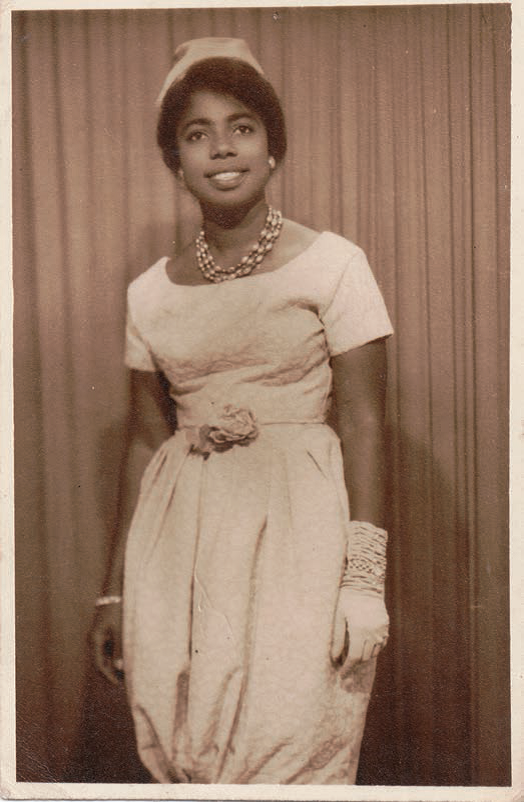
#Skopatomana: The Meaningful Brilliance in Patapaa’s Meaningless Lyrics
Some few weeks ago, the Swedru-based Hiplife Artiste, Patapaa, got the #SkopatomanaChallenge trending on social media. He had been featured by an upcoming artiste in a song, Daavi, and in his rap verse, Patapaa decided to deliver what is clearly bars of meaningless lyrics.
He opened the verse with “Meka bi ama wo (I will defend you), Skopatomana unodisi dada…” the rest of the lines is utter fast-paced gibberish, thrilling many patrons on social media who have since decided to attempt rapping along. The #SkopatomanaChallenge follows the recent One Corner challenge on social media originating from Patapaa’s hit single ‘One Corner’ which made strong waves in the Ghanaian music scene.
The One Corner song was full of jests, jargons, and almost bereft of any consistent message. Therefore, the Skopatomana challenge has perhaps been considered by many as one of Patapaa’s intentional gimmicks to create attention with sheer ridiculousness, absurdity, and meaninglessness.
While I admit that the Skopatomana verse is meaningless and even wordless, it, on the contrary, demonstrates a certain level of brilliance, sophistication, and skill in making music. The nonsense or meaningless lyrics sang on a beat or a piece of music is referred to as non-lexical vocables (syllables) or vocables, as many would generally refer to it. The common set of vocables that many may know is the “la la la” or “na na na” used in music—especially in reggae music. It, however, can get complex with varying formation of alphabets.
Many different forms of music, including traditional music and jazz—as scat music—employ these vocables and nonsense syllables that do not have any referential meaning. They are used to frame words or inserted in-between melodies. In some cases, vocables constitute the whole text of the music. Vocables can actually set the tempo and rhythmic pattern for a song. It can also serve as symbols and euphemism and as well as add layers to the music. And indeed, the use of vocables, I have observed, is one of Patapaa’s musical strengths.
Now, let me take you back to how some known greats in Ghanaian music have used these vocables, and draw the parallels in Patapaa’s use of the style. The gospel music pioneers, Getty and Friends began the popular old gospel music ‘Anigye sem kese’ with a vocable synching with the instrumentation. The “Shabi dabi de” delivery before the singing of the meaningful lyrics of the song set the tempo and rhythm for the reggae-ragga gospel. Getty and Friends in that song would intermittently return with the vocable to add some extra layer of flow on the verse. Obaa Pa Christie in her 2015 hit single ‘Hyebre sesafo’ also began the song with a vocable “Ta ri tu tu tu” employing the style as Getty and Friends did for Anigye sem. Samini (in Samini), Okomfour Kwadee (Twe ben me and Aberante mabre) and Shasha Marley (in Mata Family) all used vocables either to set the tempo and rhythm or to add an extra layer of flow on the verses and melodies.
Patapaa employs a vocable (Pa pa pa Skelenke) on ‘That thing’ when he is featured by Article Wan for a similar purpose– setting the tempo and rhythmic pattern for the song. Patapaa’s vocable on ‘That thing’ also becomes the hook for the single, contributing immensely in making the song a hit. While these examples on the use of vocables are short, brief and make way for meaningful lyrics, it doesn’t limit the use of the style. When Patapaa delivered the Skopatomana lyrics he actually extended the vocables to a full verse on the song, same as Legendary Gyedu Blay Ambolley on his Simigwa, Okomfour Kwadee on Woara na me yada, Appietus’ verses on Five-Five’s ‘Muge baya’ and Sarkodie-Kesse’s ‘Azonto fiesta’, in which cases the vocables proved to be a defining delivery on the songs. Indeed, music in our context is often characterized by being didactic.
Despite the wide evolution of music from traditional music, different genres of highlife, hiplife, dance hall and afro-pop, music is at least known to carry a meaning or message. It, therefore, takes a certain level of sophistication of art and trust in style to opt for nonsense syllables on a track. Patapaa may not be fully conscious of what non-lexical syllabic lyrics is and how it can be used in music.
He perhaps may not even know that what he is singing is a vocable. But music is an art where skill and flare may exist without any intentional learning or knowledge. He may not be a trailblazer in the use of the vocables but his style, especially being highlighted by the Skopatomana rap, accentuates the essence of non-lexical vocables in music.






